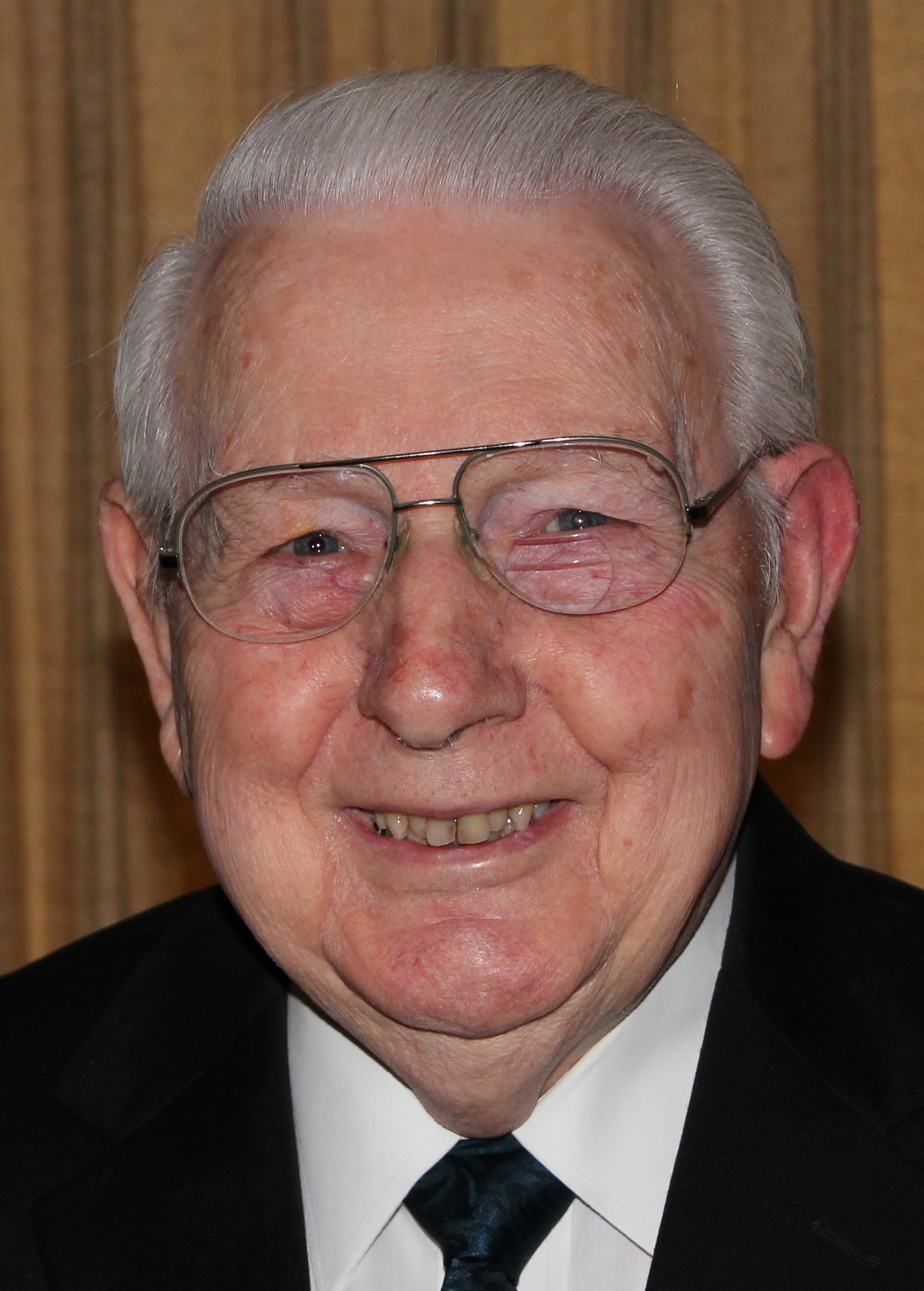 January 25, 2016 (Monday)
January 25, 2016 (Monday)
Back in the 1960’s Carl F. Burke published a book about the Bible in the street language teens were using at that time. It featured new translations of selected Bible verses. Some of his translations were unusual, to say the least, and were at times coarse, because that’s the way the street kids talked. I loaned the book to a teen in the church; he passed it around and the last time I saw it, it was tattered and torn from so much use.
Recently I used the expression, “Hunky-dory.” Immediately upon hearing myself say it, I said, “I’m going to look that up in the dictionary–I have no idea how we got those words.” I looked it up, and discovered that no one else knows, either. There are a few speculations, but no definite facts. Yet we use the expression often. At least in this part
of the country. It means something like, “Fine. Things are going well.”
I wondered what a Bible translation would be like if we incorporated all the colloquialisms we casually use. I thought of Jesus’ promise to say to faithful servants at the judgment, “Well done, thou good an faithful servant.” What would it say if we incorporated “Hunky-dory” into his statement? Would our Bible read correctly if it quoted Jesus as saying, “Your life has been “hunky-dory?” meaning “you’ve done well, and all has been as it should be.”
I do not expect to see such a translation. Perhaps we already have enough versions for the time being. Time was when the only Bible any of us ever used was the “King James Version,” published in 1611. Then came the “English Revised Version,” in Great Britain, which basically gave us the same translation in updated English. Published in 1891, it was commonly called “The Revised Version.” Later, the “American Standard Version” (1900) arrived, and was the version my fellow students and I used in most of our Bible classes in the 1950s. During this period, the “Revised Standard Version” was introduced, but was rejected by many ultra-conservative ministers. Portions of Scripture appeared in book form, like “Living Letters,” by Kenneth Taylor, whose original purpose was to give his children the Bible in their own language without all the hard words of the standard translations. These portions were eventually combined into one volume, “The Living Bible,” which even today receives mixed reviews.

I like to compare translations as I study the Bible. If I find the time to do so, I like to read the Bible in the original languages, but I have to admit I find that difficult. It’s been a long, long time since I sat in Hebrew or Greek classes. I am grateful for the Biblical scholars who have made reading the Bible possible by giving me the Bible in my own language. There was a time when good people were executed for translating the Bible into the people’s language. Now we have many translations. In this day when the Bible is readily available to all of us, do we read it?
